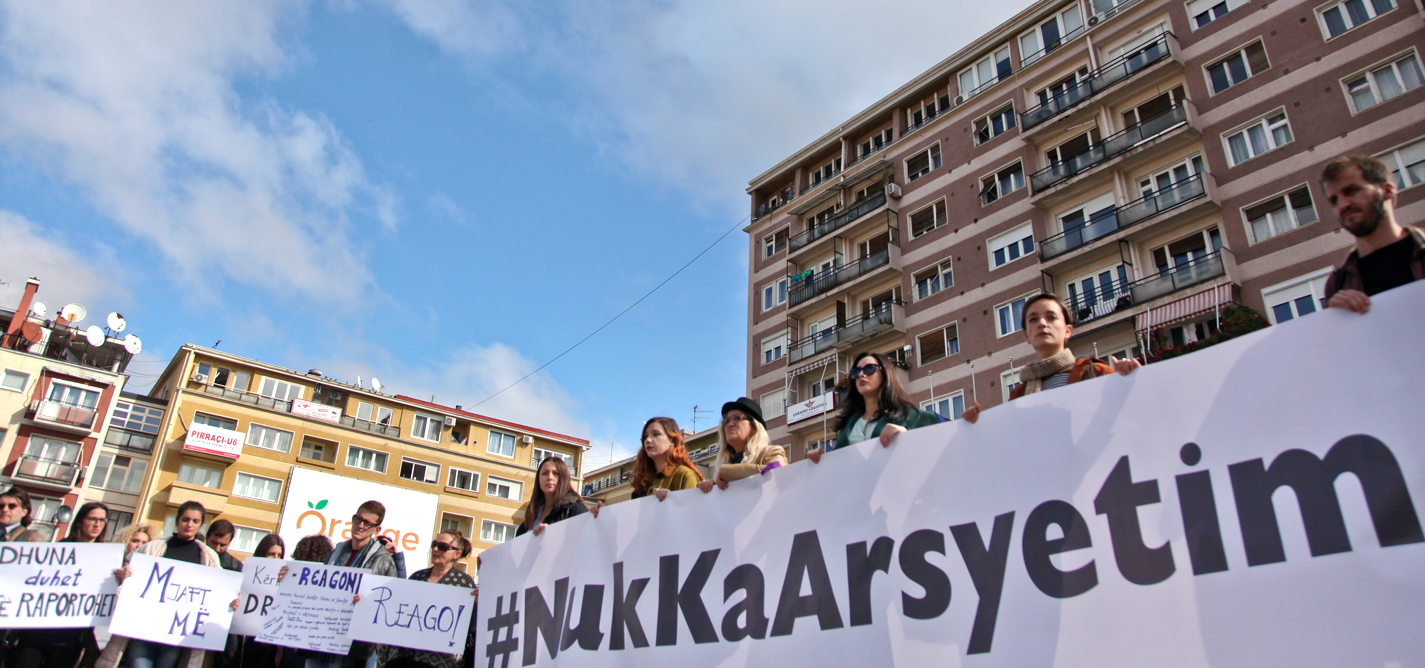
Protesters demand end to domestic violence
Anger after video shows man beating teenage niece.
Danny Wilkinson
Danny is an editorial intern at K2.0. He holds a bachelor’s in International History & Politics from the University of Leeds (UK).
This story was originally written in English.